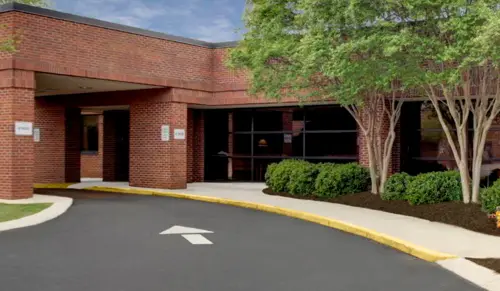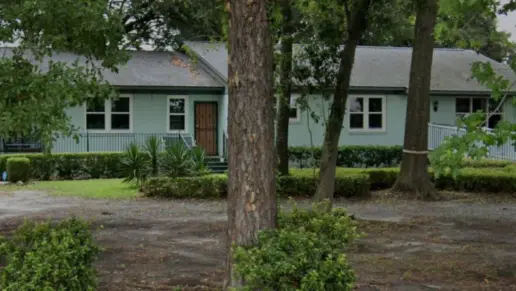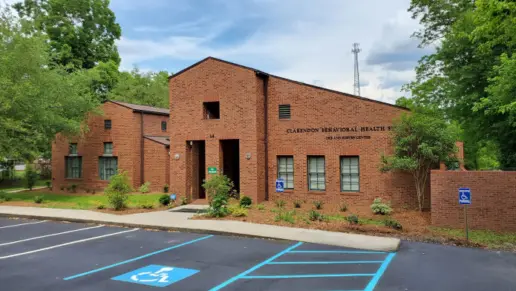It shows that they don't care about your recovery, only the money. They don't truly listen to you and your concerns. Also, beware that this is a Christian program and they will only be decent to you if you are Christian too.
About Miracle Hill – Renewal Center
Miracle Hill’s Renewal Center is a faith based residential addiction recovery program in Greenville, South Carolina for women struggling with substance use disorder and other life-dominating issues. Their 44-bed facility boasts a serene and well-maintained environment surrounded by lush natural vegetation that creates a peaceful setting. Its calm atmosphere promotes relaxation and offers a therapeutic backdrop where you can focus on healing without distractions. You’ll be provided three square meals and access to healthcare when necessary.
The program coordinators are knowledgeable, caring and supportive of your recovery journey. Their recovery approach adapts the 12 step model from a Biblical perspective. You should expect to participate in faith-centered group discussions, prayer sessions and personal reflections based on Scripture. Each step may incorporate spiritual growth with some elements of traditional recovery principles. You’re encouraged to seek strength, guidance and healing through Christ as you navigate the recovery process. You’ll attend Bible studies, devotional services and discipleship training to strengthen your faith and grow spiritually. You’ll also participate in individual counseling sessions with a licensed therapist to work through personal challenges and build healthier coping skills.
They even offer education and life skills training to help you develop essential skills for everyday living and enhance your overall well-being. The goal is to help you create a life free from the bondage of sin and addiction through faith-oriented coping and relapse prevention strategies. Through their mentorship programs, you can receive support, encouragement and practical advice from peers with lived experience. This also fosters a sense of community and accountability making your recovery process more manageable and effective. The program lasts at least seven months followed by transitional housing for additional support as you move towards independent living.
Their transitional housing prepares you for reintegration into the community through structured support and resources. You may receive additional life skill training, job readiness programming and more counseling to enhance your self-confidence and independence. That way you’ll be well equipped for successful community engagement and sustainable recovery upon
Rehab Score
Gallery
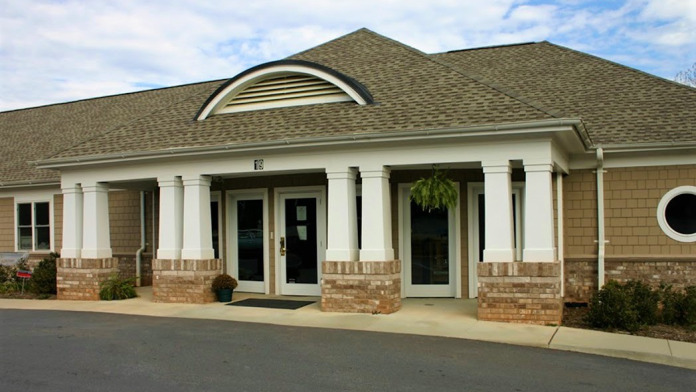
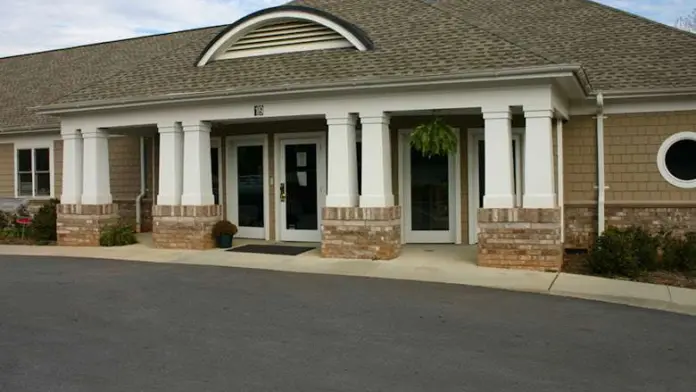
Location
Other Forms of Payment
Financial aid can take many forms. Centers may have grants or scholarships available to clients who meet eligibility requirements. Programs that receive SAMHSA grants may have financial aid available for those who need treatment as well. Grants and scholarships can help you pai for treatment without having to repay.
Sliding scale payments are based on a client's income and family size. The goal is to make treatment affordable to everyone. By taking these factors into account, addiction recovery care providers help ensure that your treatment does not become a financial burden to you or your family, eliminating one barrier to care.
Medicare is a federal program that provides health insurance for those 65 and older. It also serves people under 65 with chronic and disabling health challenges. To use Medicare for addiction treatment you need to find a program that accepts Medicare and is in network with your plan. Out of pocket costs and preauthorization requirements vary, so always check with your provider.
Medicaid is a state based program that helps lower-income individuals and families pay for healthcare. Medicaid covers addiction treatment so those enrolled can use their coverage to pay for rehab. When a program accepts Medicaid the client often pays very little or nothing out of their own pocket.
Addiction Treatments
Levels of Care
Treatments
The goal of treatment for alcoholism is abstinence. Those with poor social support, poor motivation, or psychiatric disorders tend to relapse within a few years of treatment. For these people, success is measured by longer periods of abstinence, reduced use of alcohol, better health, and improved social functioning. Recovery and Maintenance are usually based on 12 step programs and AA meetings.
Choosing a drug rehab in South Carolina helps you overcome drug dependency, learn how to manage cravings, and obtain the tools needed to prevent relapse. This is accomplished through individualized treatment that addresses a full spectrum of physical, social, and emotional needs.
Opioid rehabs specialize in supporting those recovering from opioid addiction. They treat those suffering from addiction to illegal opioids like heroin, as well as prescription drugs like oxycodone. These centers typically combine both physical as well as mental and emotional support to help stop addiction. Physical support often includes medical detox and subsequent medical support (including medication), and mental support includes in-depth therapy to address the underlying causes of addiction.
Substance rehabs focus on helping individuals recover from substance abuse, including alcohol and drug addiction (both illegal and prescription drugs). They often include the opportunity to engage in both individual as well as group therapy.
Programs


Clinical Services
The main basis of cognitive behavioral therapy in South Carolina is that all your thoughts, feelings, and behaviors are interconnected. Therefore, the therapist will help you change your thoughts, which will lead to different emotions and actions.
Group therapy is any therapeutic work that happens in a group (not one-on-one). There are a number of different group therapy modalities, including support groups, experiential therapy, psycho-education, and more. Group therapy involves treatment as well as processing interaction between group members.
In individual therapy, a patient meets one-on-one with a trained psychologist or counselor. Therapy is a pivotal part of effective substance abuse treatment, as it often covers root causes of addiction, including challenges faced by the patient in their social, family, and work/school life.
There are four fundamental processes to motivational interviewing in South Carolina. Engaging involves careful listening to understand the client's perspective. Focusing involves reaching an agreement on the purpose of the treatment. Evoking is the process of exploring the client's ideas and motivations. Planning explores how the client can make changes.
During couples therapy in South Carolina, a licensed therapist offers techniques for how both partners can resolve conflict and manage challenges in the relationship. The couple may also engage in individual or family therapy for further support.
The goal of all family therapy sessions is to support their loved one's recovery effectively by learning new and healthy communication skills as well as ways of managing stress and resolving conflicts. This helps improve interactions and addresses underlying issues within the family that often influence recovery.
Life skills trainings involve all the skills a person must have in order to function successfully in the world. These include time management, career guidance, money management, and effective communication. Truly successful addiction recovery is based on the ability to not only live substance-free, but to thrive. Life skills teaches the practical necessities of functioning in society, which sets clients up for success in life, and therefore sobriety.
Amenities
-
Residential Setting
-
Private Rooms
Accreditations

The Commission on Accreditation of Rehabilitation Facilities (CARF) is a non-profit organization that specifically accredits rehab organizations. Founded in 1966, CARF's, mission is to help service providers like rehab facilities maintain high standards of care.
CARF Accreditation: Yes
Contact Information
19 Graves Drive
Greenville, SC 29609
